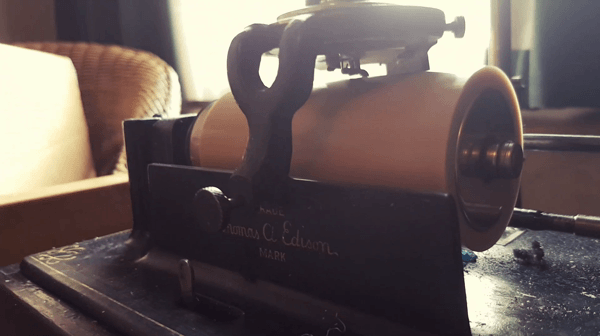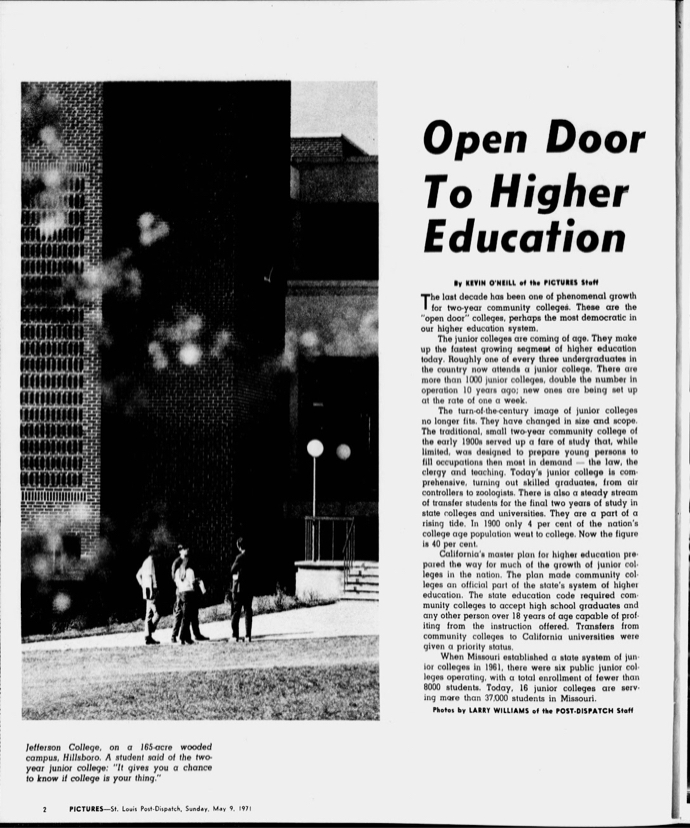By Yara Salahiddeen and Martin Stokes
All photo credit goes to Oxford Maqam

The sound recording industry blossomed in the Ottoman and Arab world at the turn of the twentieth century. Initially in the hands of entrepreneurs like the Blumenthal Brothers in Istanbul, British, French and German companies (like Gramophone, Pathé and Odeon) were soon to take over. Competition to sign the big stars – like Egyptian vocalist Yusuf al-Manyalawi (1847-1911) – heated up. Technology changed quickly, too. The earliest entrepreneurs had started with the wax cylinder phonograph, patented by Edison in 1887. Phonographs were a remarkable invention – portable, robust and, eventually, affordable. But the cylinders on which they recorded and played back sound were none of these things. They were hard to duplicate, fragile, and wore out quickly on repeated playing. By 1903, shellac disc recording began to take over.
Continue reading “Singing Back to Wax: Early Arabic Recordings Revisited”
